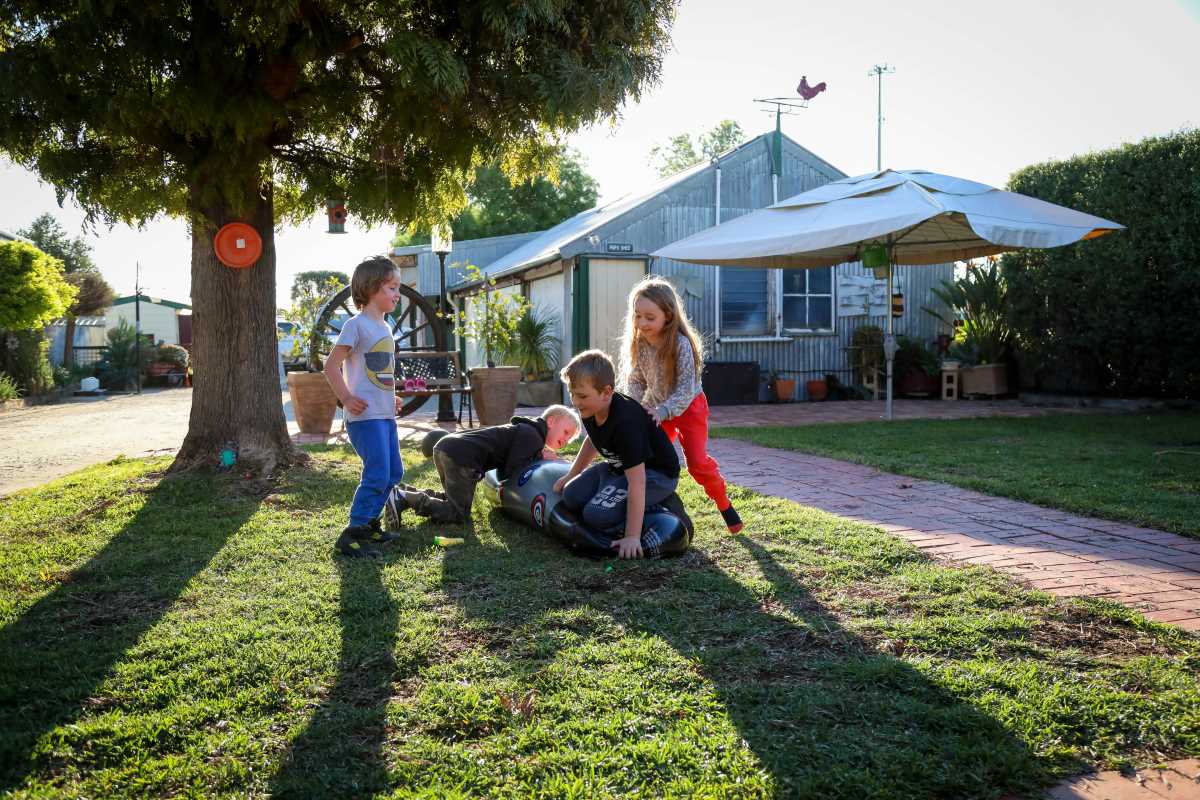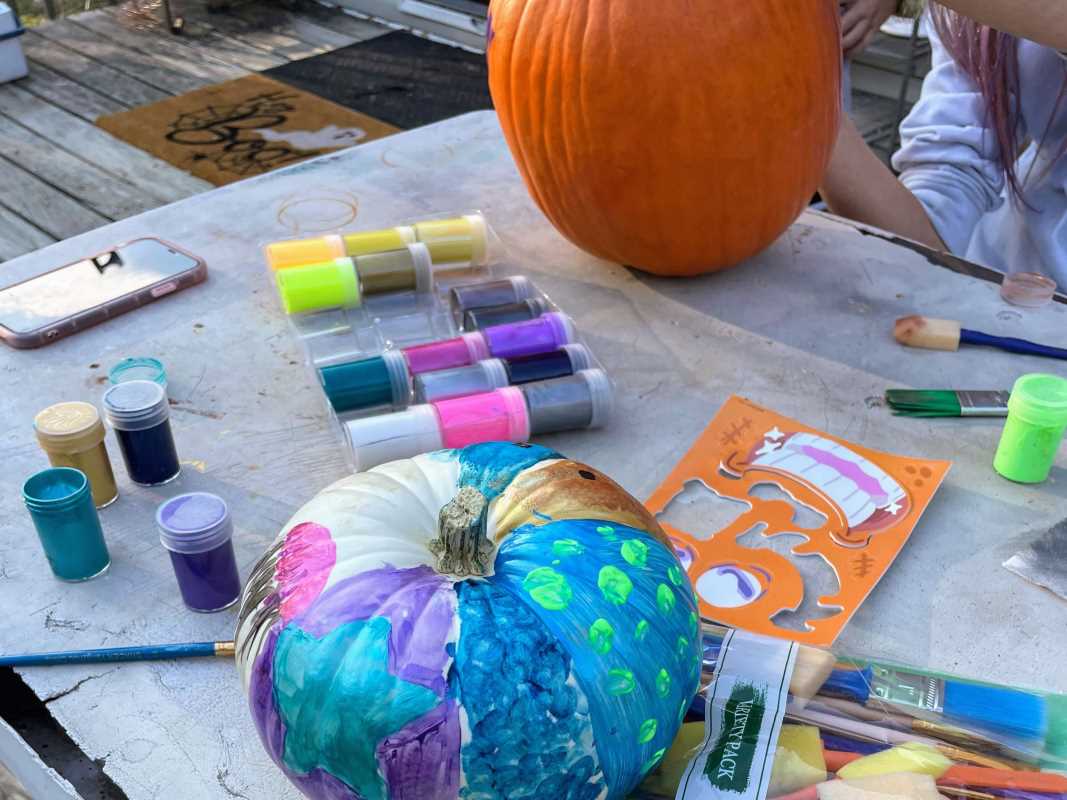Family rituals are essential to cultivating strong, lasting bonds between relatives. These shared practices create a sense of identity, belonging, and continuity across generations. While every family has its own traditions—whether it’s a weekly Sunday dinner or an annual holiday celebration—building unique rituals that resonate with your family’s values and interests can deepen connections and provide a legacy of shared experiences. We'll explore how families can craft meaningful rituals that stand the test of time and foster a sense of unity.
Why Family Rituals Matter
1. Strengthen Bonds: Family rituals encourage regular, meaningful interactions, creating opportunities for open communication and shared joy. These moments help family members feel connected and supported, even as life becomes busy or circumstances change.
2. Provide Stability: Rituals offer predictability and structure, especially during uncertain times. Knowing that a certain activity or tradition will happen regularly provides comfort and a sense of security for children.
3. Preserve Heritage and Identity: Unique family rituals often reflect cultural or personal values, allowing families to preserve their heritage. They also contribute to a family’s collective identity, offering a sense of pride and belonging.
4. Create Lasting Memories: Rituals often become the stories families pass down. They shape childhood memories, define milestones, and offer moments of reflection that stay with family members for a lifetime.
Steps to Build Unique Family Rituals
1. Reflect on Your Family’s Values: Every family has unique values and interests. To create meaningful rituals, identify what matters most to your family. Is it spending quality time together, celebrating achievements, or giving back to the community? Understanding your family’s priorities will guide the creation of authentic rituals.
2. Involve Everyone in the Process: A ritual that resonates with the entire family is more likely to endure. Gather input from each family member, including children, to ensure the tradition reflects everyone’s interests. For example, if your family loves nature, you might create a ritual around hiking or gardening.
3. Start Simple: The best rituals don’t have to be elaborate or expensive. Small, consistent practices can have just as much impact as grand gestures. For instance, a weekly family movie night or a special bedtime story ritual can create cherished memories without requiring significant time or resources.
4. Embrace Creativity: Uniqueness is key to creating rituals that endure. Look for ways to add a personal twist to common traditions. Instead of a typical holiday gift exchange, your family might adopt a “handmade only” rule or a “treasure hunt” approach to finding gifts.
Examples of Unique Family Rituals
1. Storytelling Nights: Dedicate one evening a month to storytelling, where each family member shares a personal experience, a fictional tale, or a favorite memory. Over time, this ritual can evolve into a cherished archive of family narratives passed down through generations.
2. Annual “Time Capsule” Day: Every year, we gather as a family to create a time capsule filled with photos, letters, and mementos. Decide on a date to open it, such as ten years later or at a significant milestone. This ritual connects the past, present, and future in a tangible way.
3. Personalized Celebrations: Celebrate milestones with a family-specific twist. For example, instead of a standard birthday party, you might host a “year-in-review” dinner where the birthday person recounts highlights and lessons learned over the past year.
4. Seasonal Traditions: Tie rituals to the seasons for rhythm and continuity. For instance, plant a tree or flowers in spring, host a family sports day in summer, carve pumpkins in fall, or organize a hot chocolate tasting in winter.
5. Acts of Kindness: Create a ritual centered on giving back. Once a month, the family can choose a cause to support, whether it’s volunteering at a local shelter, baking treats for neighbors, or donating toys to a charity.
How to Ensure Longevity
1. Be Consistent: Consistency is key to establishing lasting rituals. Schedule them at regular intervals—whether weekly, monthly, or annually—and prioritize them, even when life gets hectic.
2. Adapt Over Time: Rituals may need to be adapted as families grow and change. Children grow up, schedules shift, and new members join the family. Be open to evolving traditions while keeping their essence intact.
3. Record and Share: Documenting rituals through photos, videos, or journals ensures they’re remembered and passed down. Create a family album or digital archive to preserve these moments for future generations.
4. Celebrate Participation, Not Perfection: Family rituals don’t have to be flawless. What matters is the shared experience and connection, not achieving a perfect outcome. Focus on enjoying the process together.
Benefits for Future Generations
Creating rituals isn’t just about the present—it’s about leaving a legacy. Unique family traditions offer future generations a sense of identity and continuity, grounding them in shared values and memories. Here are some ways rituals benefit descendants:
1. Connection Across Generations: Rituals provide common ground for relatives of all ages. For example, a grandparent can teach a family recipe to younger generations during an annual baking day, fostering intergenerational bonds.
2. Life Skills and Values: Many rituals incorporate life lessons, from teamwork and patience to gratitude and empathy. These values become part of the family’s legacy, guiding descendants in their own lives.
3. Anchors in a Changing World: Family rituals serve as anchors of stability and comfort in an ever-changing world. They remind individuals of where they come from and provide strength during challenging times.
Challenges and Solutions
Challenge: Busy Schedules. Finding time for rituals can be difficult in today’s fast-paced world.
- Solution: Opt for short, simple rituals that fit into your family’s routine, such as a five-minute gratitude circle before dinner.
Challenge: Differing Interests. It can be tough to find a ritual that appeals to everyone.
- Solution: Rotate activities so each family member has a chance to share their favorite traditions.
Challenge: Maintaining Traditions Across Distance. Families that live far apart may struggle to sustain rituals.
- Solution: Use technology to bridge the gap. Virtual family game nights or video call celebrations can keep traditions alive.

.jpg)





